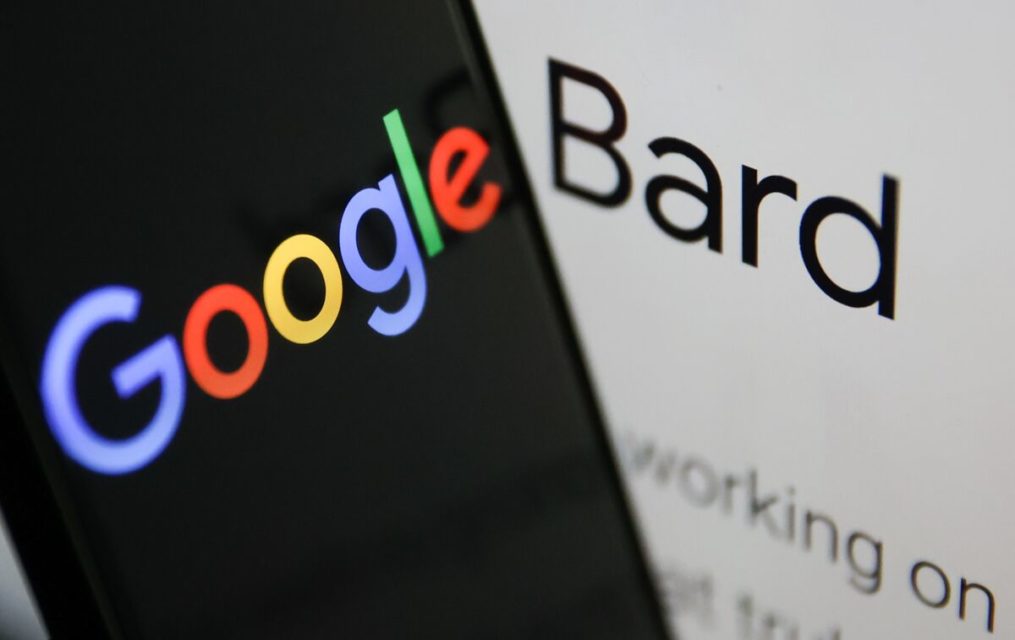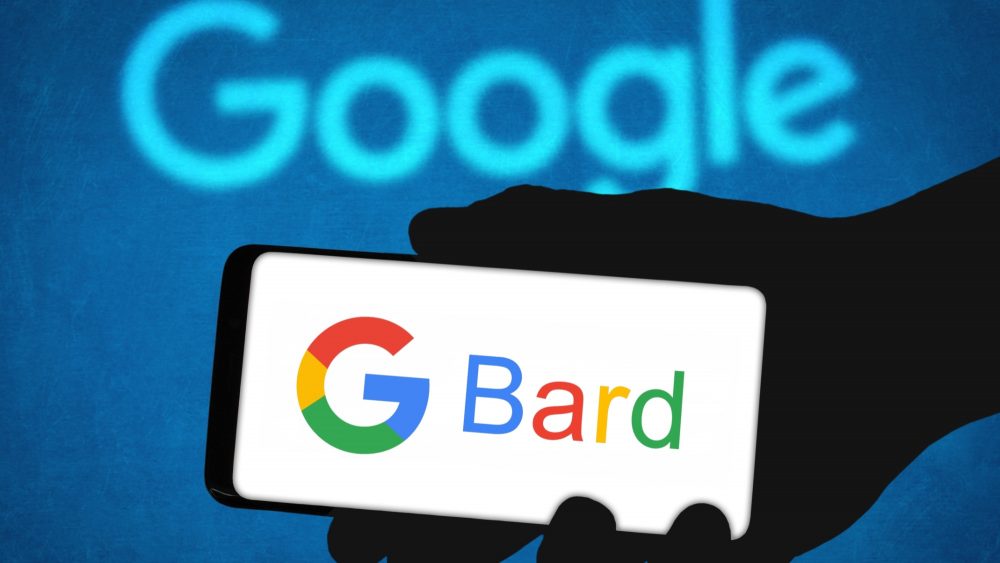Google Bard is an experimental and conversational AI chat service from the popular search engine Google. The biggest difference of the application, which is intended to work similar to ChatGPT, is that it receives service information from the web environment.
Bard was announced on February 6, 2023 in a statement from Sundar Pichai, CEO of Google and Alphabet. While at the announcement Bard was a completely new concept, at launch the AI chat service was powered by Google’s Language Model for Dialogue Applications (LaMDA), which was introduced two years ago.
How Google Bard Works
Google Bard is powered by PaLM 2, Google’s proprietary and most advanced major language model (LLM), introduced at Google I/O 2023.
PaLM 2, a more advanced version of PaLM released in April 2022, aims to make Bard much more efficient, perform at a much higher level and fix previous issues.

Bard’s initial release used a lightweight model version of LaMDA as it required less computing power and was scalable to more users. LaMDA is built on the open-source neural network architecture Transformer, invented by Google in 2017. Interestingly, GPT-3, the language model ChatGPT runs on, is also built on Transformer, according to Google.
The decision to use Google’s own LLMs, LaMDA and PaLM 2, was a bold decision by Google because some of the most popular AI chatbots currently use an LLM in the GPT series, including ChatGPT and Bing Chat.
In What Languages Is Bard Available?
Google announced that Bard will support Japanese and Korean, and is on the way to support 40 more languages soon.
Google has also developed other artificial intelligence services that have not yet been made public. The tech giant has often underestimated the situation when it comes to AI products and doesn’t launch a product until it’s sure of its performance.
For example, Google developed Imagen, an AI image generator that could be a great alternative to OpenAI’s DALL-E when released. It also has an AI music generator called MusicLM, which Google says has no plans to launch at this point.







